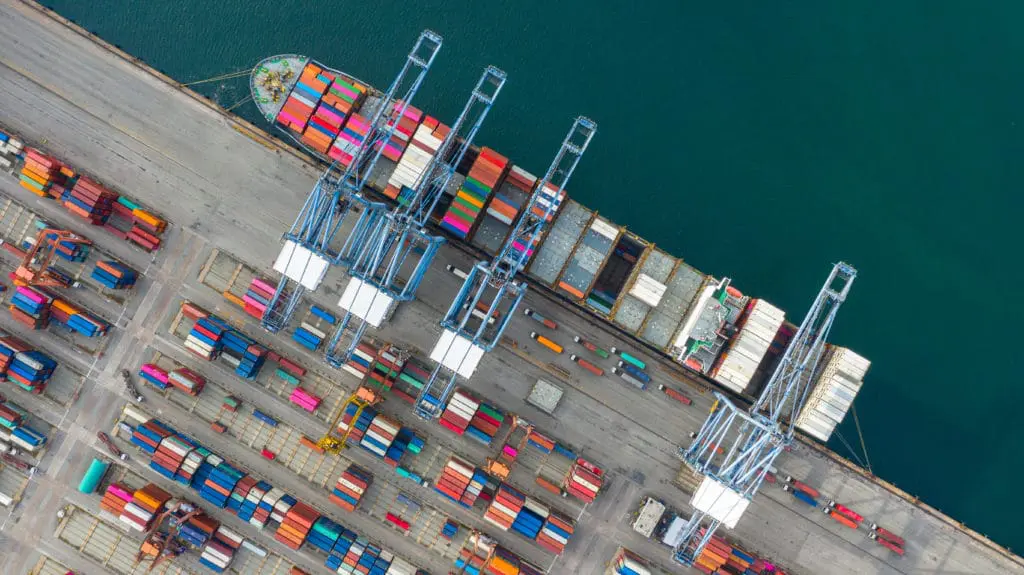GLOSSARY
Detention
When a container is offloaded from a ship, transported from the port to a specified location (often a warehouse), and then unloaded, detention refers to the fees paid if it is not returned, either to the port or to an empty container depot, within a given amount of time.
Ready to digitize and modernize your shipping operations?
See how Magaya can help.
What are detention fees?
In the shipping industry, the terms “detention charges” and “per-diem charges” (or “per day fees”) are occasionally used interchangeably. Usually referring to charges incurred when a container that has been offloaded from a vessel, taken from the port to a designated destination (usually a warehouse), and unloaded is not returned, either to the port or to an empty container depot, within a certain predetermined time. The cargo owner is penalized if a container is not returned within a specific number of days (free days).
Key Takeaways
-
- From the date of discharge until the entire container is transferred out of the port or terminal for unpacking, the shipping line charges demurrage per day per container.
What is the difference between demurrage and detention?
What is the distinction between demurrage and detention? From the date of discharge until the entire container is transferred out of the port or terminal for unpacking, the shipping line charges demurrage per day per container. From that point until the empty container is returned to the shipping line’s designated depot, detention is paid per day per container.

How to Prevent Detention or Demurrage in shipping
- Ensure your cargo is ready: Utilize the free time that the equipment supplier fully permits possible to decrease detention fees. Before the empty container even gets to the shipper’s site, you may start putting your consignment in the best possible position. When the container arrives at the shipper’s site, the loading party may move quickly and load the container more quickly if your goods is prepared for pickup on time. In this manner, your container can arrive to port grounds before the allotted time has passed.
- Exercise caution when clearing Customs: If you can, pre-clear your shipment with customs. The paperwork required for import clearance is gathered in advance when dealing with the correct freight forwarder to manage your customs brokerage, and all administrative procedures are finished by the time the container arrives at its port of arrival. This might minimize storage by enabling the container to be transferred out of the terminal before the free demurrage time expires.
- Make use of a freight forwarder’s knowledge and the right technology: It can be difficult and time-consuming to plan your shipment’s route, select the best trucks and maritime carriers at the best price, find a competitive storage option, manage paperwork, and finish important administrative tasks like customs clearance. Any change from the original timetable might result in unforeseen demurrage costs or detention penalties, even for the most meticulously planned consignment. Plus, specialized software like rate management solutions can help forwarders select the routes and carriers with the most advantageous free time terms.
- Be in constant communication: Brokers, carriers, drivers, shippers, and consignees should all be in constant communication with one another. Concisely, this begins with giving everyone early notice of the package delivery instructions. For all parties involved to be able to adjust their timetable, they must get regular information while the package continues its path.
Ready to digitize and modernize your shipping operations?
See how Magaya can help.